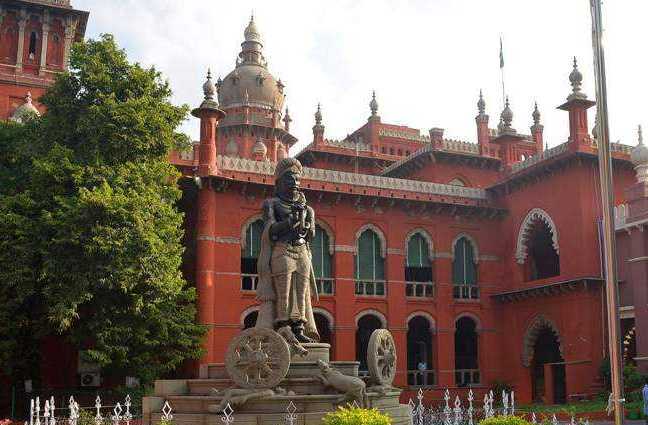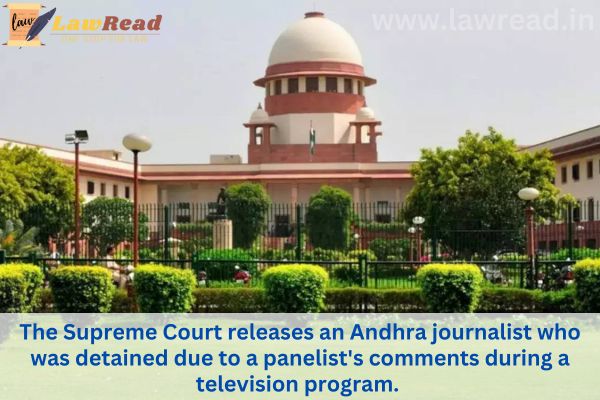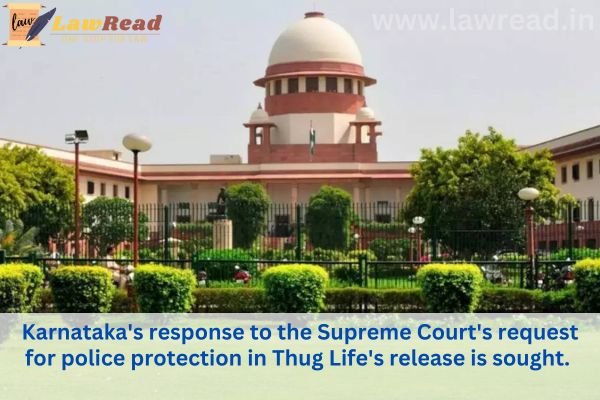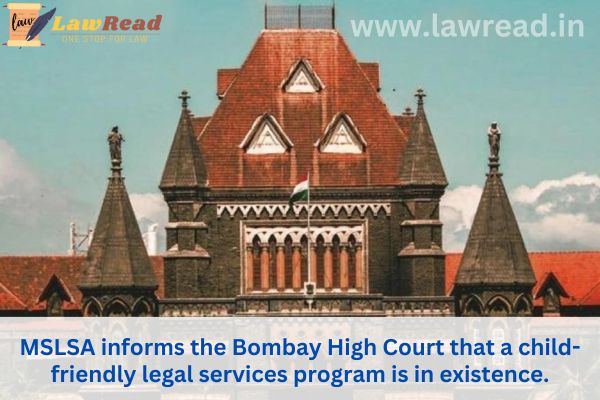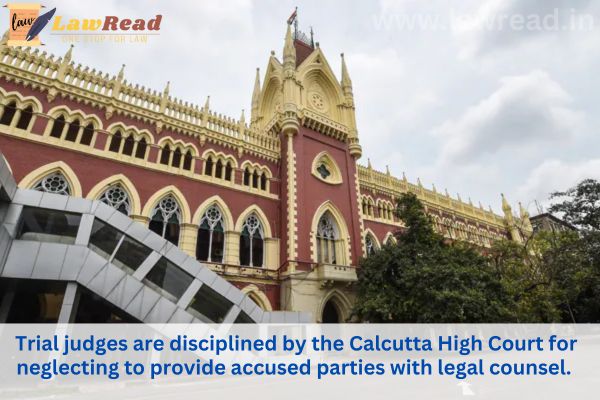News
Disability Exemption U/S. 6 Limitation Act Applies To Original Proceedings & Not Appeals
.jpg)
The Appeal in the Supreme Court was against an order issued by the Kerala High Court questioning increased motor accident compensation.
In permitting the appeal of an Insurance Company against a judgment increasing motor accident compensation, the Supreme Court has noted that the exemption on account of a disability is only with regard to a suit or application for execution of a decree and not in an appeal.
The Appeal before the Apex Court was against an order made by the Kerala High Court whereby the compensation granted to the claimants by the Motor Accidents Claims Tribunal was increased. The claim appeal had been filed by the claimants after 10 years of the award and also after nearly 8 years from the date of majority.
The Division Bench consisting of Justice Sudhanshu Dhulia and Justice K. Vinod Chandran clarified, "Section 6, of the Limitation Act, 1963, as is clear from the extract makes it possible for a person disabled, by reason of minority,
insanity or idiocy, to file a suit or file an application for execution of a 'decree', within the time of limitation provided, after the disability has been removed.". The provision is operative only in regard to a suit or an application for the enforcement of a decree and not in an appeal or other proceeding. Factual Background On 2nd June 2000, the deceased was pillion riding on a bike driven by the first respondent before the Tribunal.
The first respondent slammed on the brakes suddenly to avoid hitting a cyclist and the deceased slipped off and got injured. In the end, the deceased died from her injuries at Medical College Hospital. It was claimed that the accident resulted from the rash and negligent driving of the bike driver.
The driver and owner were ex-parte in the Tribunal.
The legal heirs of the deceased, husband and two minor children, opted for a claim petition under Section 166 of the Motor Vehicles Act, 1988 and the Motor Accidents Claims Tribunal granted Rs. 6,53,000 as compensation. Against this award, after 10 years,
in the year 2016, the children alone filed an appeal before the Kerala High Court. The High Court increased the compensation to Rs. 14,95,000 from Rs. 6,53,000 and further instructed the appellant-Insurance Company to pay interest @ 7% p.a.This is the order which has been challenged before the Apex Court. Arguments
It was the Appellants' argument that the ruling delivered by the High Court could not be stood in the court of law as the first respondent himself came into majority in the year 2011 according to his affidavit made in the MAC appeal in year 2016 and he never provided any adequate reason why the MAC Appeal had not been submitted immediately after he came into majority.
Respondents/claimants had presented the MAC appeal after 10 years of the award, and subsequent to some 8 years (2877 days) of reaching the majority. Reasoning Citing the Limitation Act, 1963, the Bench clarified that Section 6 allows an individual disabled, due to minority, insanity or idiocy, to file a suit or file an application for the enforcement of a 'decree', within the time of limitation prescribed, after the disability has been removed.
“Similarly legal disabilities enumerated in Section 6 operates as an exemption and allows period of limitation to start running from the date when the disability has come to an end, subject to the sole exception of a suit or application for execution of a decree; the latter one of which we already observed stands excluded under Section 5,”
"it further stated. The Bench also clarified, "Impliedly, the exemption on account of a disability will apply to the institution of an original proceeding or an application for execution of a final decree, and will not apply in case of an appeal."
It was observed that the father, being the natural guardian, had filed the original proceeding before the Motor Accidents Claims Tribunal and claimed compensation on death of his wife in a motor vehicle accident, wherein the two minor children were in the party array of claimants, represented by the father, the natural guardian.
The father did not opt to appeal from the award.
The Bench also held that the father, being the natural guardian, made a conscious choice not to appeal and was content with the award. The assertions made in the application for condonation of delay, that the father remarried, the children were abandoned, who were being looked after by their grandparents, were not proved.
We make this comment with complete awareness that any substantiation would also not have allowed the presentation of an appeal under Section 6, the exemption under which, on account of a disability, is limited to suits and applications for enforcement of a decree.
“. The legislative intent being so clear, it is not for the courts to enlarge the period of limitation on misplaced sympathies. Even Section 5 has no application in the facts of the case, inasmuch as the long delay caused, particularly when in the original proceedings, the children were represented by the father, the natural guardian” , it held.
Accordingly,
overruling the judgment of the Single Judge, the Bench granted the appeal.

